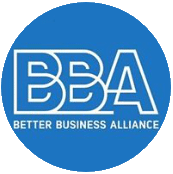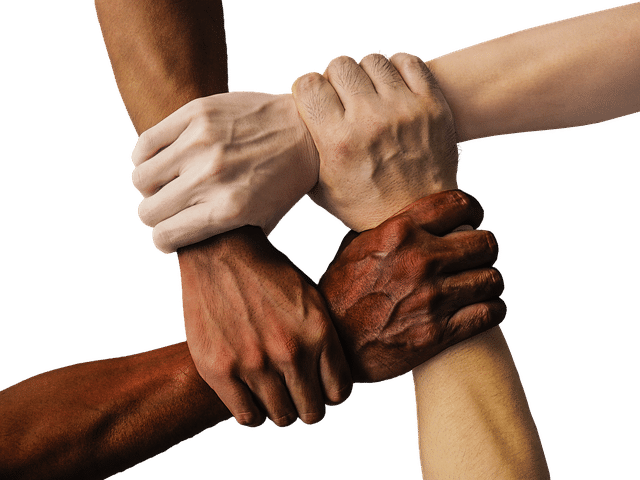What is Social Media Optimization?
Social Media Optimization (SMO) is the use of a number of outlets and communities to generate publicity. Doing this increases the search awareness of a product, service brand or event. This raises it’s potential exposure in search queries. Do you use social media optimization to raise your product awareness?
Types of Social Media Included
Types of social media involved include RSS feeds, social news and bookmarking sites, as well as social networking sites, such as Facebook, Twitter, video sharing websites and blogging sites.
SMO Goal is to Increase Traffic and Awareness
Generally, social media optimization refers to optimizing a website and its content. Doing this encourages more users to use and share links to your website across social media and other networking sites.
Social Media Optimization is similar to search engine optimization. The goal of SMO is to generate web traffic and increase awareness for a website. This is done by creating inbound and outbound links which add credibility to your website.
Social Media Optimization Tools are Available
Social Media Optimization also refers to software tools that automate this process, or to website experts who undertake this process for clients.
Social Media Optimization Engagement
SMO is Social Media Engagement
The goal of Social Media Optimization is to create interesting online content. This can range from well-written text to eye-catching digital photos or video clips.
This content is designed to encourage people to engage with a website and then share this content. It’s all about shares and sharing , with social media contacts and friends.
Engagement Means Likes and Shares
Common examples of social media engagement are “liking and commenting on posts, retweeting, embedding, sharing, and promoting content”. Social media optimization is also an effective way to perform online reputation management.
SMO can Help With Reputation Management
It’s important to get out front, if someone posts bad reviews of a business. An aggressive SMO strategy can ensure that the negative feedback is not the first link to come up in a list of search engine results.
Social Media Optimization Affects SEO
Social media optimization is becoming an increasingly important factor in search engine optimization, which is designing a website so that it has as high a ranking as possible on search engines.
Search engines are increasingly utilizing the recommendations of users of social networks. Your likes and shares on Facebook, Twitter, YouTube, LinkedIn, Instagram, Pinterest, Tumblr, and Reddit are used to rank websites and web pages in the search engine results page.
Likes and Shares Help SEO
It is implied that when a webpage is shared or “liked” by a user on a social network, it is as if they “voted” for that webpage’s quality of content. Because of this sharing, search engines can use such votes accordingly to properly ranked websites in search engine results pages.
Search Engines Love Social Media
Since social media makes it more difficult to put a finger on the scales or influence the search engines in any way, search engines are giving more credibility to social search. The increasing popularity of social search, coupled with the growth in personalized search based on interests and location, has significantly increased the importance of a social media presence in search engine optimization.
Due to personalized search results, location-based social media presences on websites such as Yelp, Google Places, Foursquare, and Yahoo Local have become increasingly important. While social media optimization is related to search engine marketing, it is different in some important ways.
SMO Helps More Than Just Search Engines
Social Media Optimization is focused on driving web traffic from sources other than search engines. Improved search engine ranking is also a benefit of successful social media optimization.
SMO is helpful to target particular geographic regions in order to target and reach potential customers. This helps in lead generation.
SMO Engages Visitors
Social Media Optimization helps find new customers and contributes to high conversion rates. SMO helps convert previously uninterested individuals into people who are interested in a brand or organization.
SMO Taps into Viral Content
SMO Embraces Viral Marketing
Social media optimization is connected to viral marketing or “viral seeding”. This happens when word of mouth is created through the use of networking in social bookmarking, video and photo sharing websites.
An effective SMO campaign can harness the power of viral marketing; for example, 80% of activity on Pinterest is generated through “repinning.” By following lifestyle trends and using alternative social networks, websites can retain existing followers while also attracting new ones.
This allows you to build an online following and presence, all linking back to your company’s website for increased traffic. With an effective social bookmarking campaign, not only can website traffic be increased, but a site’s rankings can also be increased.
Similarly engagement with blogs creates a similar result by sharing content through the use of RSS in the blogosphere and special blog search engines. Social media optimization is considered an integral part of an online reputation management or search engine reputation management strategy for anyone who cares about their online presence.
SMO is not Only for Marketing
Social media optimization is not limited to marketing and brand building. Increasingly, smart businesses are integrating social media participation as part of their knowledge management strategy.
SMO plays a bigger role in product/service development, recruiting, employee engagement and turnover, brand building, customer satisfaction and relations, business development and much more. Social Media Optimization is key to your online reputation and your social media presence.
Social Media Optimization can Build a Community
Social media optimization can be used to build a community of associated sites, allowing for a healthy business-to-consumer and business-to-business relationships.





